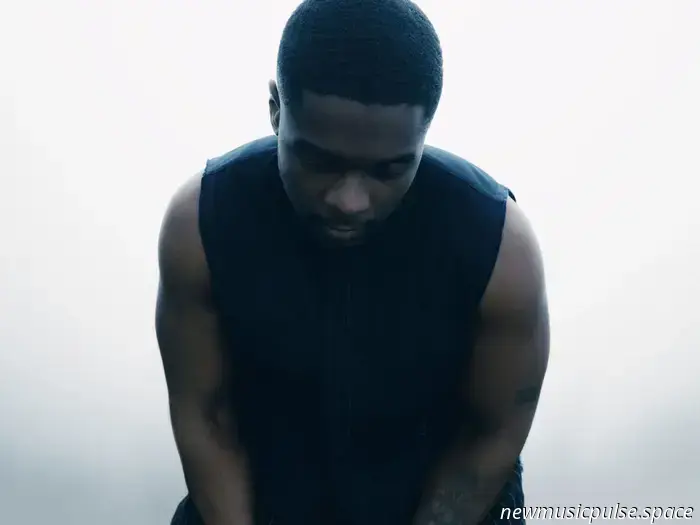
Nazar, the Angolan electronic artist based in Amsterdam, who remained mostly unnoticed with the dark, dub-infused clashes of his pandemic-era album ‘Guerrilla’, is now prepared for you to experience his vocals. Be it an augmented harmony, a recitation serving as an incantation, a deep, resonant mumble enveloped in the mix, or a sharp, staccato phrasing influenced by the rhythmic elements of RnB beatmaking, Alcides Simões’ latest vocal-centered work serves as both an oral history and a beacon of honest expression.
In his second album, ‘Demilitarize’, which radiates like shards of prismatic light through the murky ether, the depiction of violence emerges from within—a living organism, the consciousness; stemming from breath and blood rather than the chaotic sounds of wartime artillery, sirens, and drones that characterized the ethnographic ‘Guerrilla’. Created and recorded following a debilitating illness that incapacitated him as his relationship with his now-fiancé flourished in isolation, ‘Demilitarize’ explores Nazar’s inner fears, the unspoken truths and traumas of a family enduring factional war, alongside long-suppressed feelings regarding his sexual identity.
Born from sustained internal pressure, ‘Demilitarize’ gradually evolved into an act of both rapture and quiet defiance. “All these repressed feelings and memories came flooding back to me,” he shares. “It became easier to pose difficult questions to my family about death and grief. That’s where the album title originated; I was in the process of demilitarizing my identity and the burdens of my Angolan culture and traditions. I had to be honest with my partner. I had to embrace who I was.”
Like its predecessor, rough kuduro—a gritty industrial twist on the electronic dance music that emerged during Angola’s lengthy civil war—remains a foundational element rather than a focal point. Yet this time, melodic passages, airy atmospheres, and a sense of kinetic drive ripple through tracks that engage the mind and invigorate the body.
As ‘Demilitarize’ provides a soundtrack to the ongoing journey of healing and adjustment evident in track names like ‘Unlearn’, ‘Disarm’, and ‘Safe’, which signal hope and positivity, Nazar embodies this mindfulness in conversation. Moments of unfiltered honesty and compelling self-reflection reflect a newfound appreciation for life and a desire to be more open and approachable. This is Nazar embracing the light.
—
—
Congratulations on what I believe to be one of the finest electronic albums I’ve encountered this year. How are you feeling about a project that has been in the works for some time?
I feel both anxious and relieved. I've poured all these emotions into something tangible. The anxiety stems from releasing another album after five years. Being in the public eye can be taxing and exposing. I’ve struggled with creating a work that is both violent yet melodic. I’m eager for people to make it their own.
For context and chronology, where were you following the release of ‘Guerrilla’ during the pandemic?
Post-‘Guerrilla’, I was mentally impacted by the pandemic as I had numerous artistic plans. I believed I’d lost all momentum. However, I also met my fiancé around this time, and we recently got engaged. We were fortunate to have each other, which led us to move in together. We found solace in our isolation while also growing together. It allowed me to be more introspective and create something from that honesty.
The album's concept was starting to take shape, but I hadn’t fully committed yet. Then the scene began to open up, and I performed a bit while doing some labor work. It was chaotic, and I felt invincible, but my body couldn’t handle the late nights and the constant traveling. I eventually collapsed from exhaustion and then contracted Covid. My immune system was severely compromised, and I developed tuberculosis that had been latent since childhood. I was very ill during this time. I suspected there was some oversight with my diagnosis, which often happens for black or brown people. I kept insisting that it was something more severe due to my high fever and extreme weakness. While I felt relief upon receiving a diagnosis from a specialist, I was also deeply concerned because it was a serious illness. I stopped everything and focused solely on recovery.
The mental aspect is intriguing. Nights were intense; I felt incredibly tired and weak during that time. Manifestation and self-talk helped me, as did my partner, who cared for me deeply. I listened to ambient music but also my own tracks, which calmed me. I felt transformed. My perspective on mortality changed significantly. After losing a sister when I was younger, which we never discussed, all those repressed feelings surfaced. It became easier to ask difficult questions to my family about death and grief. I delved deeper and began to embrace my sexuality, which I had previously suppressed. Thus,


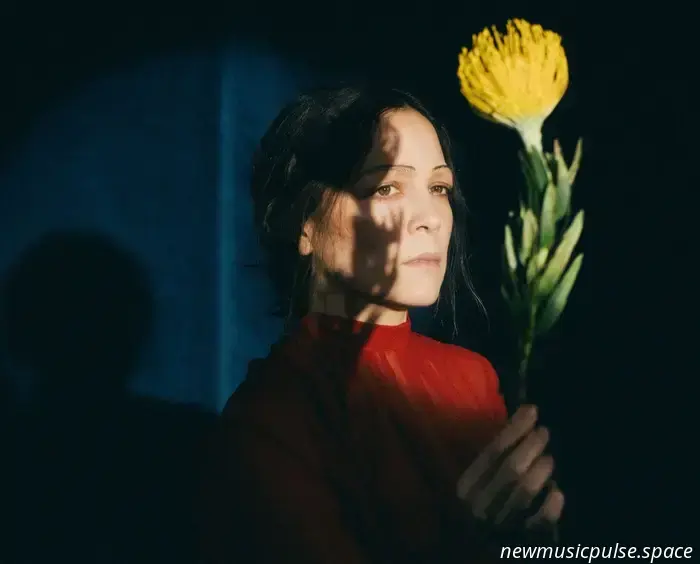
It's only natural to be completely amazed by Natalia Lafourcade, considering her impeccable record. In truth, going beyond this idealized view of her...
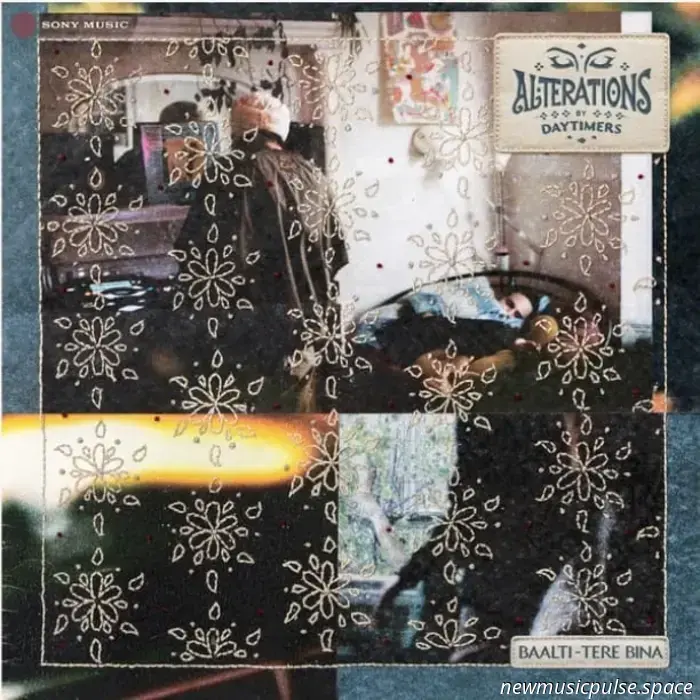
DAYTIMERS is set to launch their first album, 'Alterations,' later this year. The collective, formed in 2020, consists of a group of DJs, producers, and creatives from
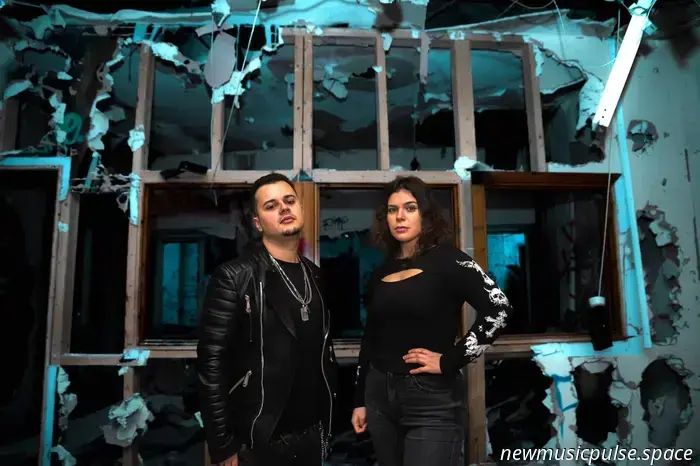
The London-based group Electron is back with their latest single, "Echoes Of A Dying World." The band mixes the heavy intensity of metal with the intricate elements of post-hardcore.
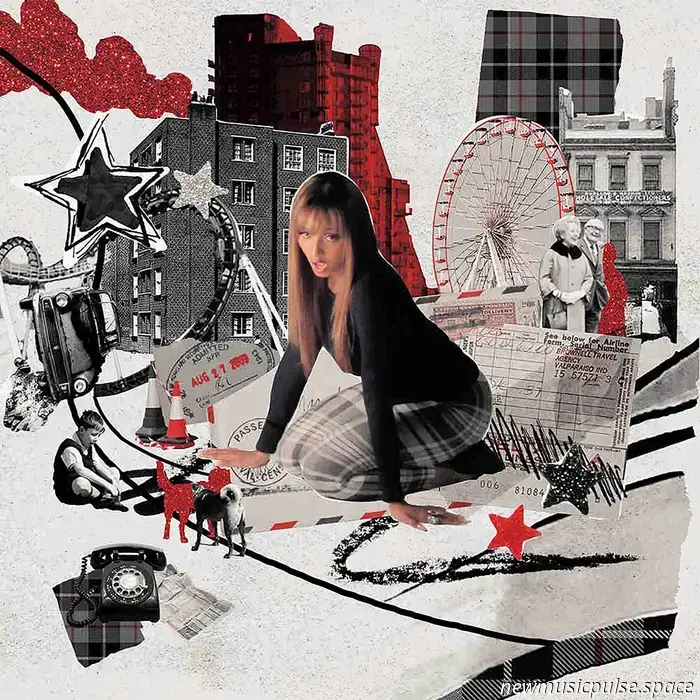
PinkPantheress has unveiled her latest single 'Stateside'. The UK artist is returning with her upcoming mixtape 'Fancy That', which is poised to shine this Spring. It is set to be released
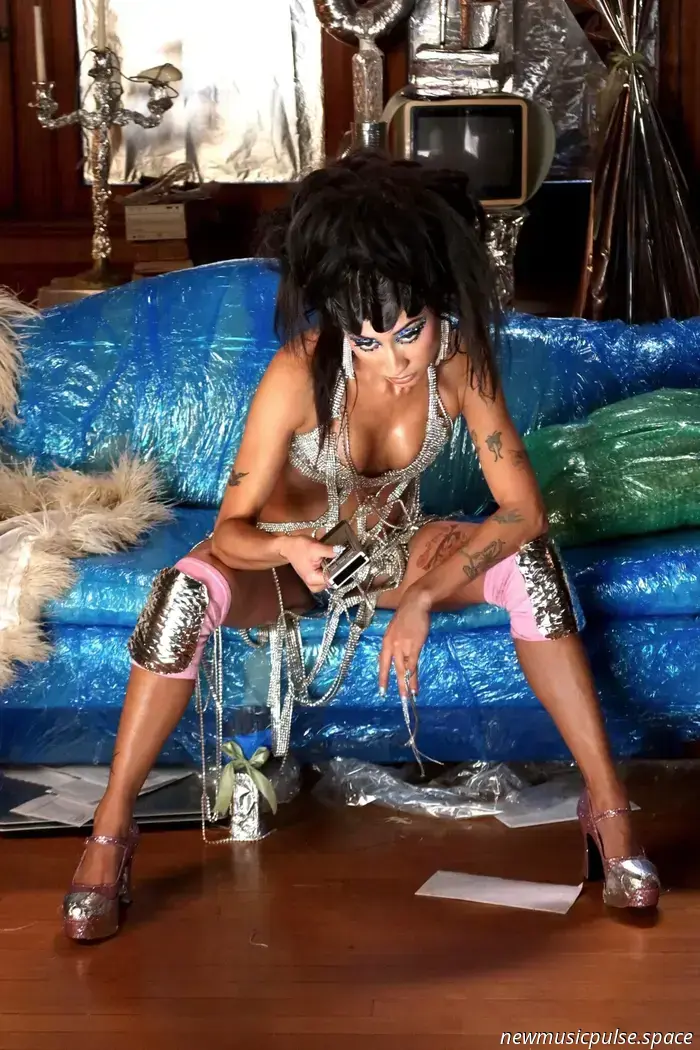
Honduran artist Isabella Lovestory maintains her momentum with the release of her latest single 'Telenovela', which is available today. This follows her earlier release 'Putita Boutique’.

Conveying a feeling of clear closeness.
Nazar, the Angolan electronic artist based in Amsterdam, who remained somewhat under the radar with the brooding, dub-inspired sound clashes of his pandemic-era album ‘Guerrilla’, is